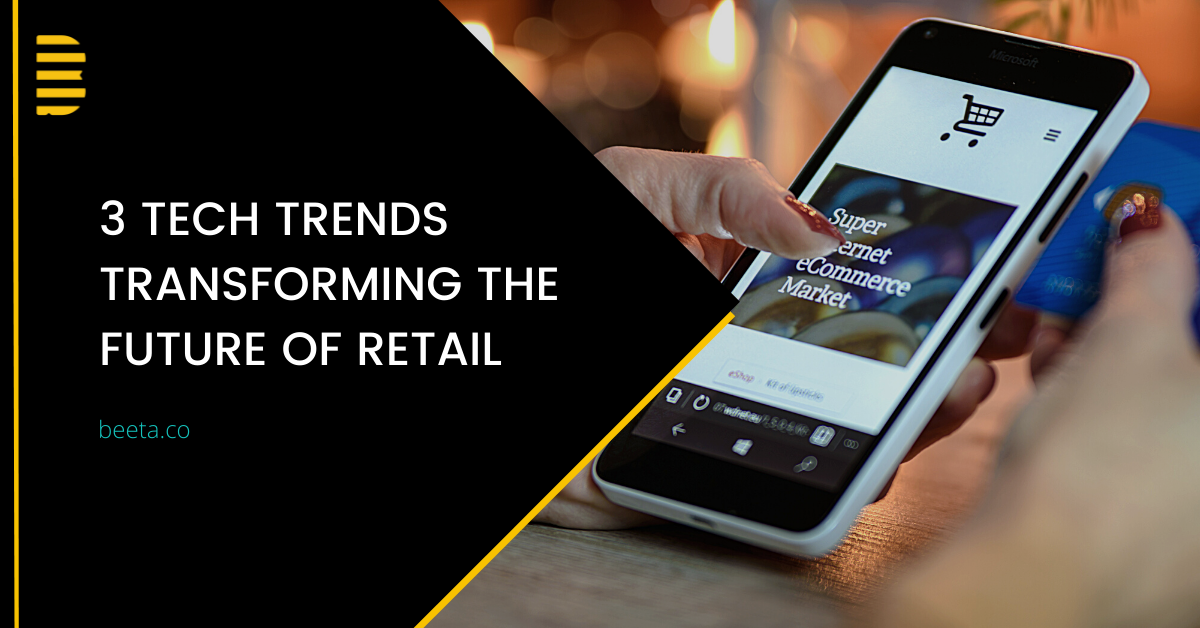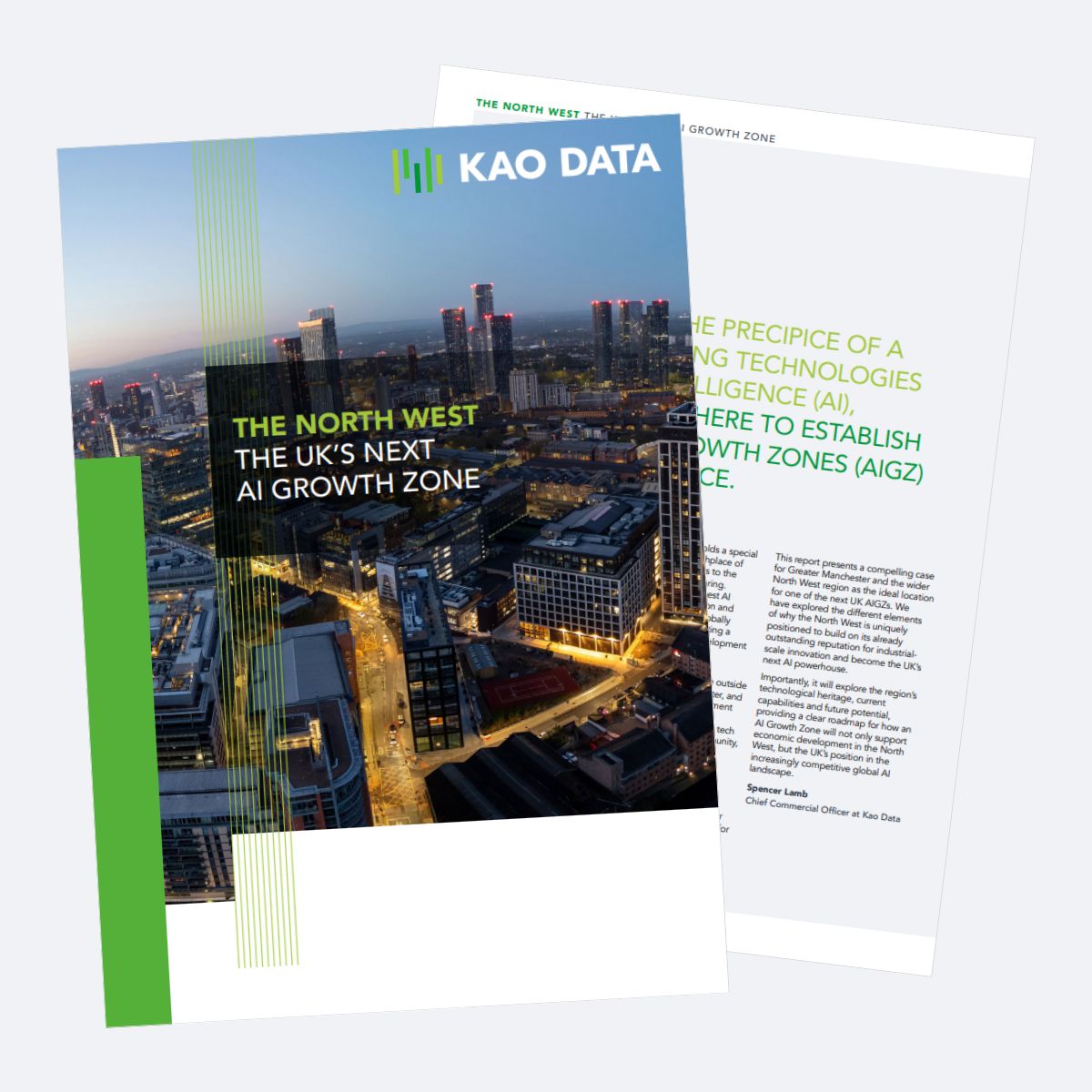
Retail is an everchanging sector. Product trends are relentlessly adapting and so is the way in which consumers purchase their goods. The increase in online shopping has completely transformed the retail archetype. More businesses are recognising the necessity of a digital presence and undergoing technological transformations to keep up with consumer preferences and the cutthroat industry standard. High street was once king, but ecommerce has undeniably taken the crown.
Certain demographics have been slower to embrace online shopping however sales have increased across the board. The pandemic has drastically propelled the demand, statistics showed a 36% increase in online shopping in just a single year. But which tech trends are shaping the industry?
Automation, automation, automation!
Automation is becoming increasingly more common within the sector, from warehouse packaging to drone delivery but one of more recent endeavours is automated parcel machines. Many have experienced the dopamine rush associated with making a purchase and this is only further amplified by receiving said goods quickly. Suppliers are now implementing next day delivery services so that this can be achieved, whilst sector giants like Amazon are implementing same day deliveries!
With this comes extensive production costs so automated parcel machines are now being trialled and rolled out across Europe in the likes of Poland and France; removing the element of human error so that businesses can operate much more seamlessly and quickly. Now, rather than waiting around for a parcel to arrive, it will be delivered to the nearest locker, the aim being to ensure a locker is within ‘slipper distance’ of as many shoppers as possible. This option is a cheaper, greener alternative to fleets of delivery trucks with the bonus of selecting whereabouts your goods are delivered.
M-commerce and data security…
The rise of mobile has blurred the lines of the traditional sales funnel. M-commerce is rapidly becoming the favourable way to buy and is expected to dominate in the next few years. Statistics show that, by the end of 2021, mobile e-commerce could account for almost 3 quarters of online sales.
More companies are jumping on the m-commerce trend and developing smaller scale applications. This has resulted in a newfound accessibility between brand and consumer. Marketing is becoming more relevant as data is now at the fingertips of the supplier, making it far easier for businesses to build an effective strategy centralising on an individual buyer persona. Subsequently, data security is vital. With more companies going digital, customers are naturally becoming more aware of the way in which their data is stored. With the help of technology, even cybersecurity has been simplified – see more here. Targeted marketing is considerably more successful and cost effective; as we have seen from the corporate giants, when done right, the ROI is well worth the initial investment.
QR codes
One of the most sought-after technology advancements in retail, this tool offers a competitive edge on the market. Diverse in nature, QR codes can be used to drive outbound traffic to a site, directly source a specific item, ensure authenticity and even to simplify the returns process.
This leading trend has transformed the customer experience, enabling users to save time by accessing information with a simple tap. This tool also allows for cashless transactions, cash payments are becoming seemingly archaic as we evolve technically which has been fuelled further by the recent demand for contactless during the pandemic. The ease of QR code payments have been found to boost transactions from an economic standpoint and are now being utilised for in-store payments. Convenience is key and we expect to see this trend a lot more in the future!
If you’re interested in how you can streamline your business via any of the trends mentioned above, get in touch here or on hello@beeta.co to find out how we could help!









